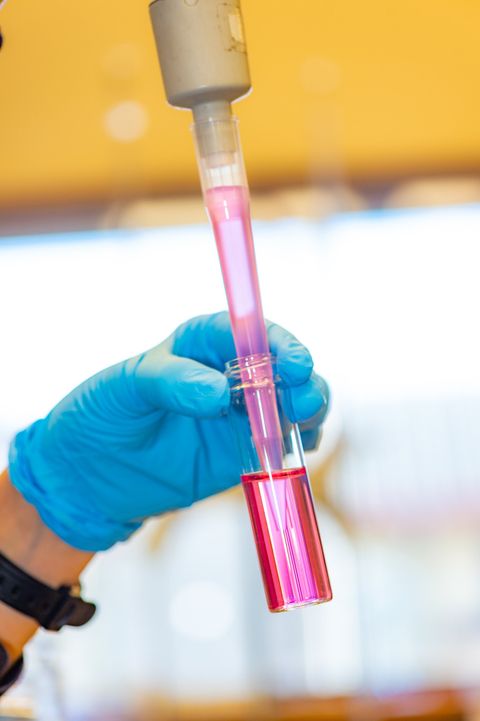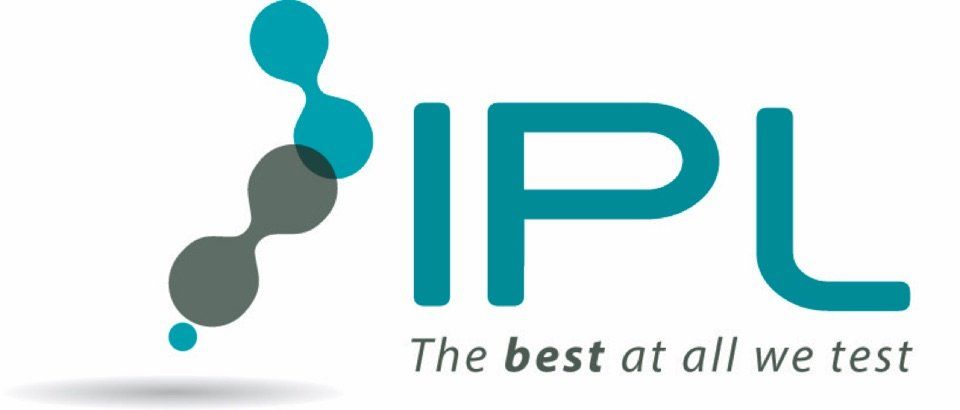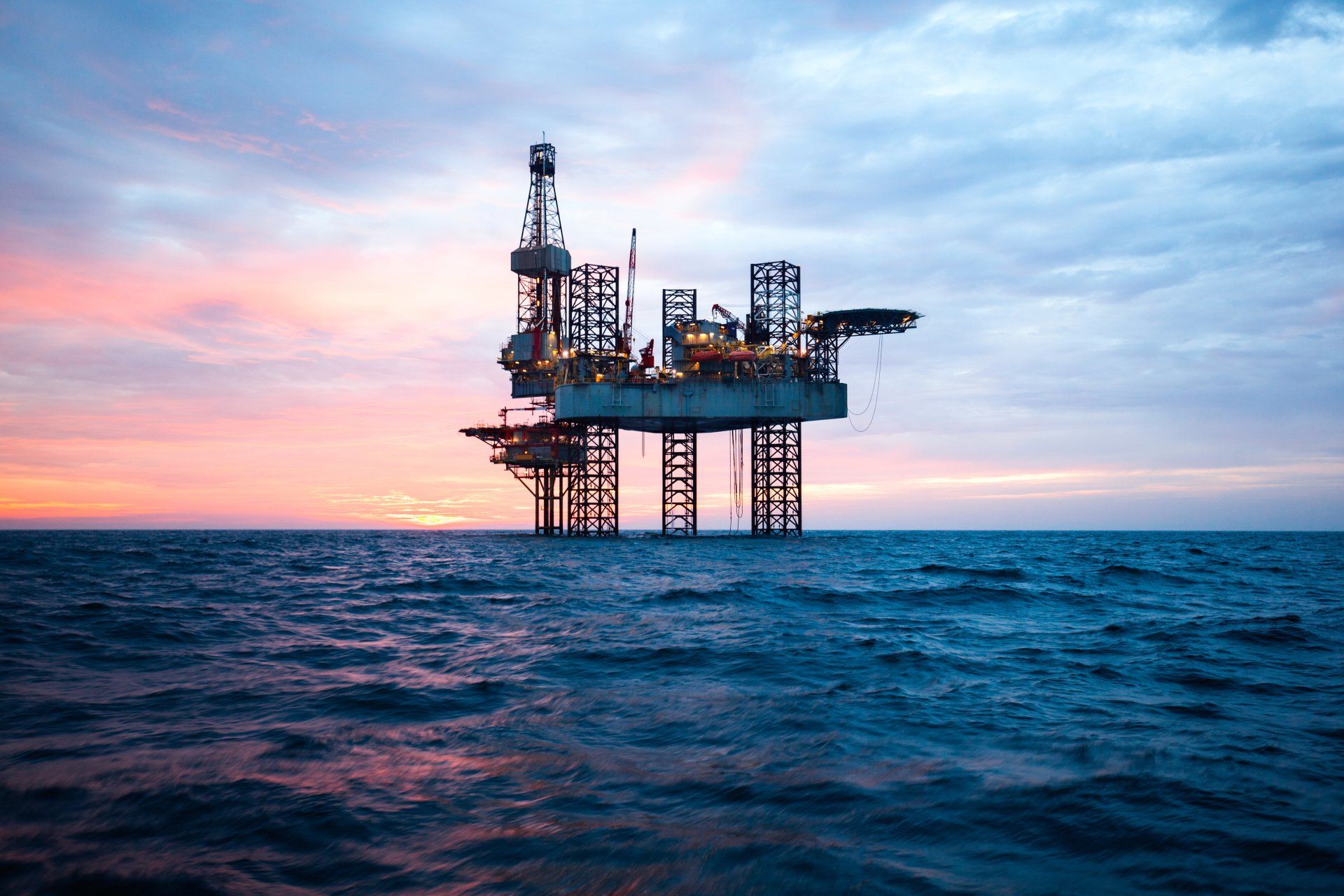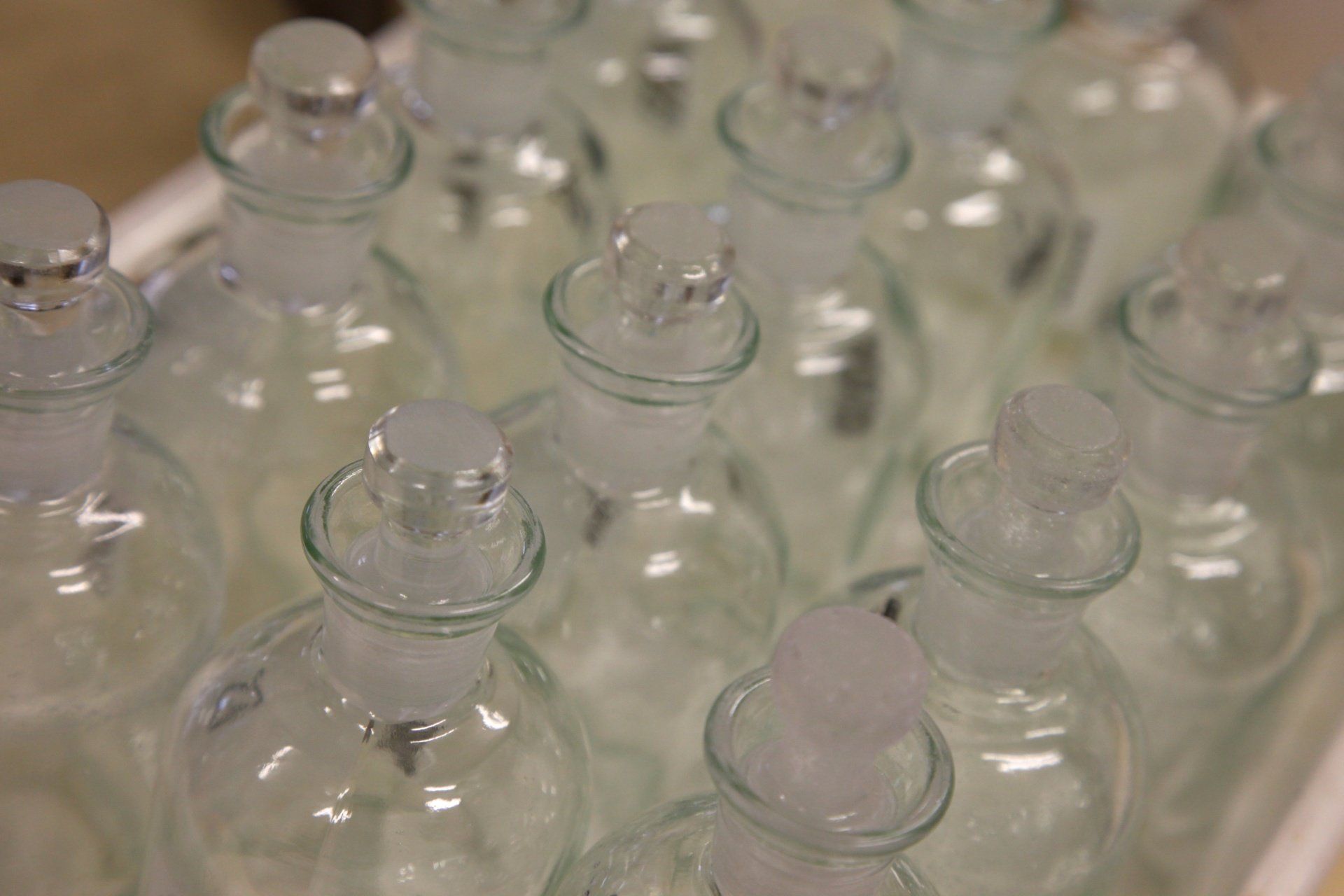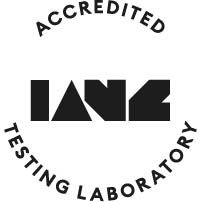Produced Water
Produced Water
analysis of produced water samples can help you to understand its chemistry and identify any operational, equipment or environmental issues.
Physical and chemical properties of produced waters tend to vary depending on well location, type of hydrocarbon produced, temperature and pressure. Because the properties also change over time, produced water can lead to scaling, paraffin formation and pH changes. When in contact with oxygen, produced water can also result in iron compound deposits and elemental sulphur deposits.
IPL’s produced waters test suite can include:
- pH
- Chloride
- Total Petroleum Hydrocarbons
- Salinity
- Total suspended solids
- Total Dissolved solids
- Bicarbonate/Alkalinity
- Conductivity/resistivity
- Specific gravity
- Oil and grease
- Metals
- Aqueous Anions
- Total and dissolved sulphide
- Volatile Fatty acid profile
- Trace Mercury
- Sulphate reducing bacteria
- Unknown compound identification
Produced water testing can assist with your decision making to:
- Avoid plugging of wells
- Avoid scaling of lines, valves and orifices
- Prevent corrosion due to acid gases
- Ensure the produced water is within consent range (monitoring)
- Avoid the growth of bacteria that plug lines and valves
